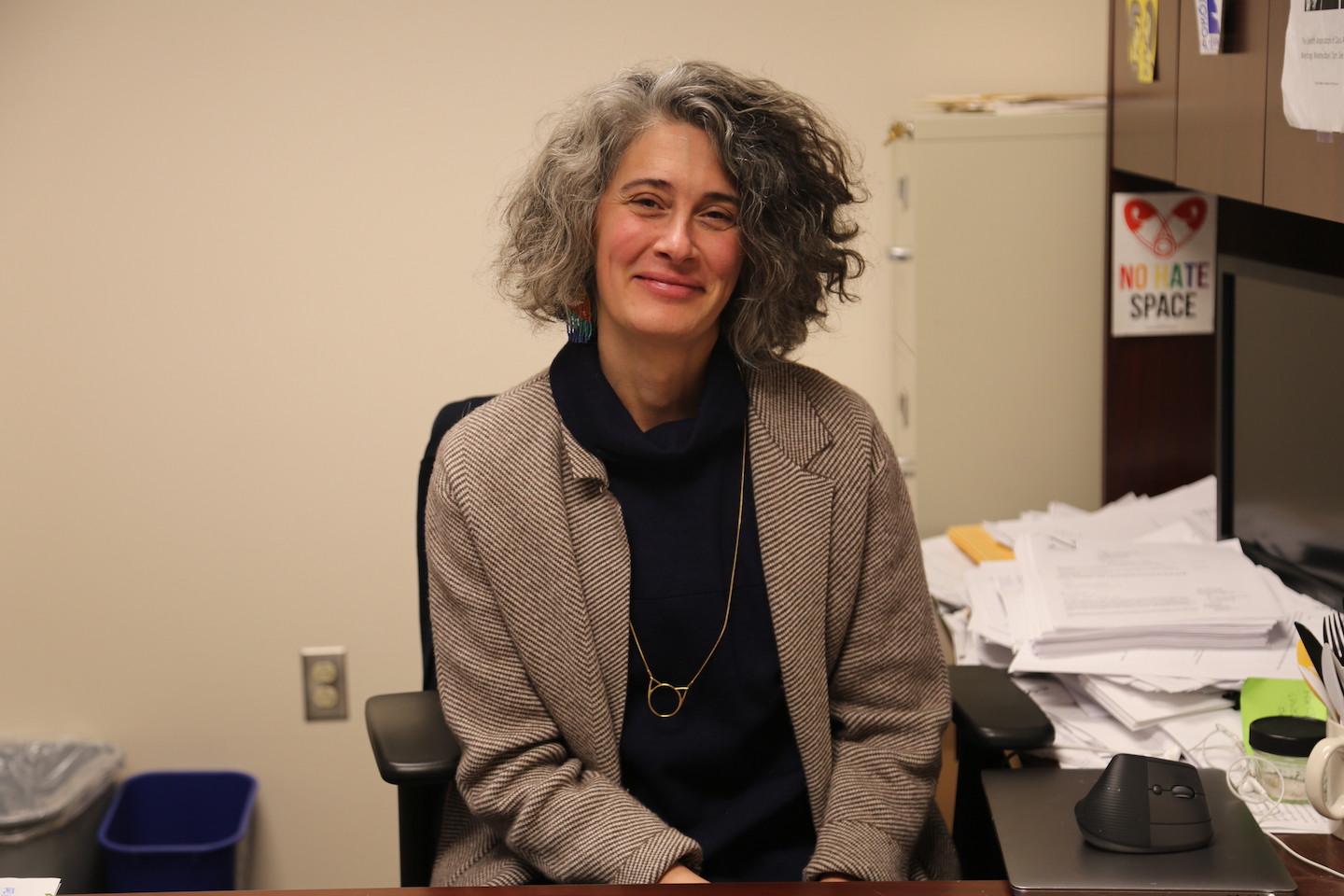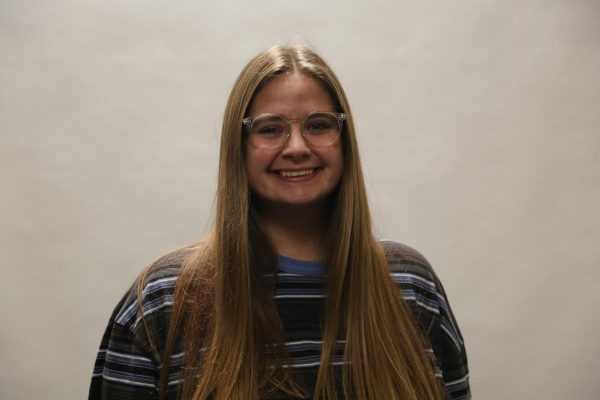Fifty years ago this year, the American Psychiatric Association (APA) made a historic decision to remove homosexuality from the second edition of the Diagnostic and Statistical Manual of Mental Disorders (DSM-II), the definitive guide used by health professionals around the world to diagnose mental disorders.
In the APA’s first edition of the DSM (DSM-1) in 1952, homosexuality was classified as a “sociopathic personality disturbance.” In 1968, the DSM-II classified homosexuality as a “sexual deviation.”
Following the 1969 Stonewall Riots, gay activists began challenging the APA to declassify homosexuality as a mental illness. Two Philadelphians helped to lead those efforts: Barbara Gittings, a lesbian activist, and Dr. John Fryer, who had been forced out of his psychiatry residence at the University of Pennsylvania because he was gay. Fryer later became a professor of psychiatry at Temple University.
The APA’s decision to remove homosexuality from the DSM allowed them to clinically ask “how homosexuality?” instead of “why homosexuality?” said Dr. Jack Drescher, an elected director-at-large of the APA, clinical professor of psychiatry at Columbia University, and adjunct professor and clinical consultant at New York University.
“The APA decision eventually shifted the clinical focus of mental health professionals away from efforts to ‘cure’ homosexuality or find its ‘causes’ to helping gay people live their lives as they are,” Drescher wrote in a written response to The Hawk.
Elizabeth Lee, Ph.D., associate professor of sociology, said when she started coming out as gay in the late 1990s, she didn’t really know anything about the history of how the DSM classified homosexuality. But now she recognizes its removal from the DSM is an important part of her own experience as well.

“Having your sexuality be a part of an institutional medical diagnosis has implications for how we think about ourselves and how we think about something that’s very fundamental to ourselves,” Lee said. “Sometimes it’s very private, certainly very personal. So I think that was a big shift, and a symbolic shift. Even for people who aren’t busy constantly looking at the DSM in their daily lives, just knowing that [homosexuality] had been removed was really significant.”
Michelle Ramirez, Ph.D., professor of sociology, who studies sexuality and gender identity, said the “medicalization” of homosexuality put it under a medical lens and treated it as a medical disorder that should be fixed. Ramirez said the decision to remove homosexuality from the DSM —which she said she teaches in some of her classes — didn’t happen just because people changed their minds about it.
“It happened because of activism and a sustained effort toward moving people’s perspectives away from this idea that [homosexuality] is dysfunctional, that it’s disordered and pathological,” Ramirez said.

Phyllis Anastasio, Ph.D., professor of psychology, also teaches students about homosexuality’s removal from the DSM. She said she recognizes what an important milestone it was for the LGBTQIA+ community.
“We don’t have to cure it anymore because by being on the books, it has to be cured,” Anastasio said. “Once we take it off the books, it doesn’t have to be cured now, but people’s own feelings about being queer, that has to be treated.”
In the 50 years following the APA’s removal of homosexuality from the DSM, the LGBTQ+ community has celebrated other milestones, such as the full legalization of same-sex marriage in the United States in 2015 and former U.S. President Barack Obama signing the The Matthew Shepard And James Byrd, Jr. Hate Crimes Prevention Act in 2009, which “criminalizes acts of violence (and attempts to commit violent acts undertaken with a dangerous weapon) when motivated by the actual or perceived gender, disability, sexual orientation, or gender identity of any person.”
Despite these positive changes, LGBTQ+ individuals are facing a crisis in the U.S.
On June 6, the Human Rights Campaign declared a national state of emergency for LGBTQ+ Americans for the first time in U.S. history amidst an increase of anti-LGBTQ+ legislation. By June, over 530 anti LGBTQ+ laws had been introduced, largely targeting trans youth.
Lee said one of the first things people in power, like politicians, should do to make the U.S. safer for queer people is protect trans kids.
“It’s sort of a weird boomerang around this 50th anniversary of getting what we might now call queerness out of the DSM, as we are entering into this time period in many states, but also nationally, of re-medicalizing and re-problematizing trans identities,” Lee said.
For example, in 2013, “gender identity disorder” was changed to “gender dysphoria” in the fifth edition of the DSM, which is distress caused by one’s gender identity not matching one’s sex assigned at birth. Gender dysphoria still remains in the DSM today.
That bothers Alex DePaoli ’25, a psychology major with a concentration in clinical psychology and president of St. Joe’s chapter of Psi Chi, the international honor society in psychology. DePaoli said one of the next steps the APA needs to take is to remove gender dysphoria from the DSM.
“Homosexuality is not there, but gender dysphoria is,” DePaoli said. “I think that’s the same idea. You’re seeing somebody struggle, and you’re equating that to mental illness.”
Drescher said 50 years later, there still needs to be more education.
“There is inadequate education and preparation of health care professionals in sensitizing them to the needs of sexual minority populations,” Drescher wrote. “More education can help.”
This is the second story in a series by Allie Miller ’24 about issues that impact LGBTQIA+ people at St. Joe’s and in the Philadelphia area.








































